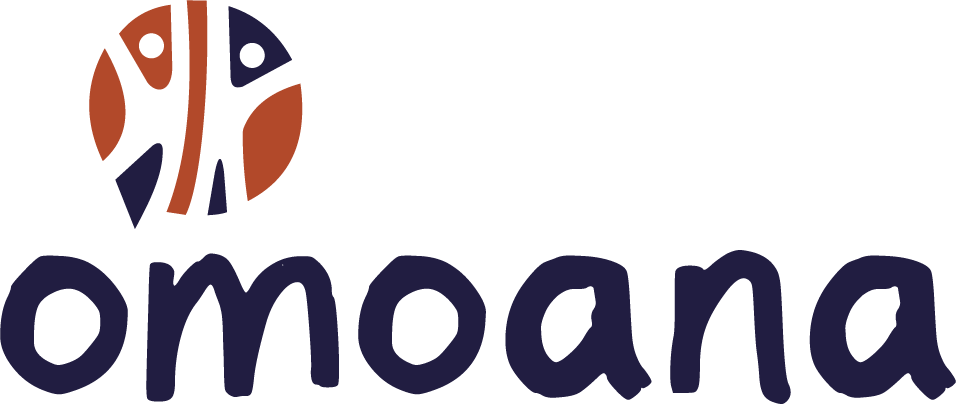In today’s fast-paced Western society, with its overweening individualism, it can sometimes be difficult to become fully aware of the glaring inequalities that govern our world. Yet in this age of communication, with a modicum of curiosity and empathetic interest, we quickly realise just how skewed the balance between North and South is. The breathtaking and disconcerting development of one is currently only possible at the expense of the other. And many of us wallow in this reality, pretending that change is not within our grasp and that it depends on the will of the political and commercial players.
This is to forget the power of symbols and the will of the people. It is up to us to ensure that globalisation is not just a matter of trade and self-interest. It must also be about solidarity, and this choice concerns us all.
Many organisations are highlighting the absurdities of Swiss and international politics, which prioritise economic well-being and abundance over consideration for human rights and respect for nature. There are alternatives to this model. For example, the quality and quantity of what we consume influences supply and thus potentially the lives of thousands of manufacturers, craftspeople and producers here and abroad. Fair, local and organic trade is not just the result of a passing fad. The increase in these products is clear evidence that a large proportion of the population wants to see more respect for production methods. And while there is still room for improvement in the charters of the many labels that are springing up on the market, their appearance is symbolically extremely powerful. It’s up to us not to let greedy retailers manipulate us by selecting the shops, products and labels that are most worthy of interest.
Over and above our consumption patterns, development aid also provides part of the answer in an attempt to rebalance the fragile balance of our humanity. It greatly strengthens the populations of the South and thus improves their power to make demands and take action, which is essential for the defence of their fundamental rights.
Albert Schweitzer, a great thinker and player in the field of development aid, once said: “The ideal is for us like a star for a sailor. It cannot be achieved, but it remains a guide”. Let us be inspired by this ideal and act consistently and thoughtfully. Let’s not forget that we have a choice! It is essential that we do not rest on our laurels and that we continue on this path towards greater equity. Thank you, dear donors, for supporting Omoana’s aspirations, values and actions.
Mathilde Jordan
President


